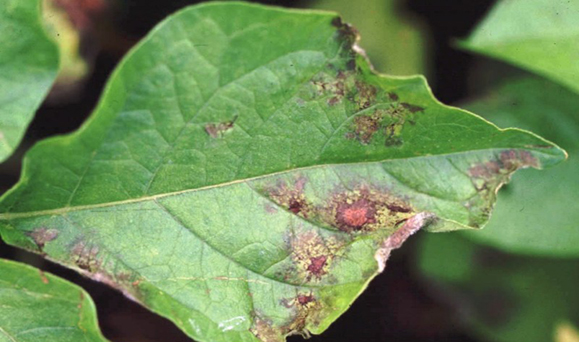A pathogen called Phytophthora infestans has long been recognized as the cause of the Irish Potato Famine, which led to over one million deaths. But until recently, scientists were unsure of exactly how it subverted the natural immune system of the crop and wreaked such rampant failure.
A new study published in Nature Genetics uncovers the process by which Phytophthora cripples the immune system in certain plants and suggests new areas of genetic research that could diminish the devastating effects of the pathogen.
The research team behind the discovery, led by Wenbo Ma, an associate professor at the University of California, Riverside, found that Phytophthora infestans gravely suppresses a process known as RNA silencing, which is critical to plant growth and development, leaving the plant significantly more vulnerable to disease.
Far from being a blight of the past, current Phytophthora infestans causes more than $6 billion in losses of potato crops annually.
In a press release, Ma explained that her team’s research shows “RNA silencing suppression is a common strategy used by a variety of pathogens – viruses, bacteria and Phytophthora – to cause disease, and shows, too, that RNA silencing is an important battleground during infection by pathogens across kingdoms.” Knowing this, Ma says new technology can be developed to produce crops that are genetically resistant to the pathogen, potentially eliminating it as a factor in mass crop failure.
The research is supported by a $9 million USDA grant to study Phytophthora, and last year UC Riverside engineered avocado rootstocks that effectively prevented Phytophthora root rot from taking hold in avocados.
Stopping the Famine Trigger – Phytophthora infestans

Evidence of the famine pathogen in a potato crop. Photo: Google Images.

Leave a Reply